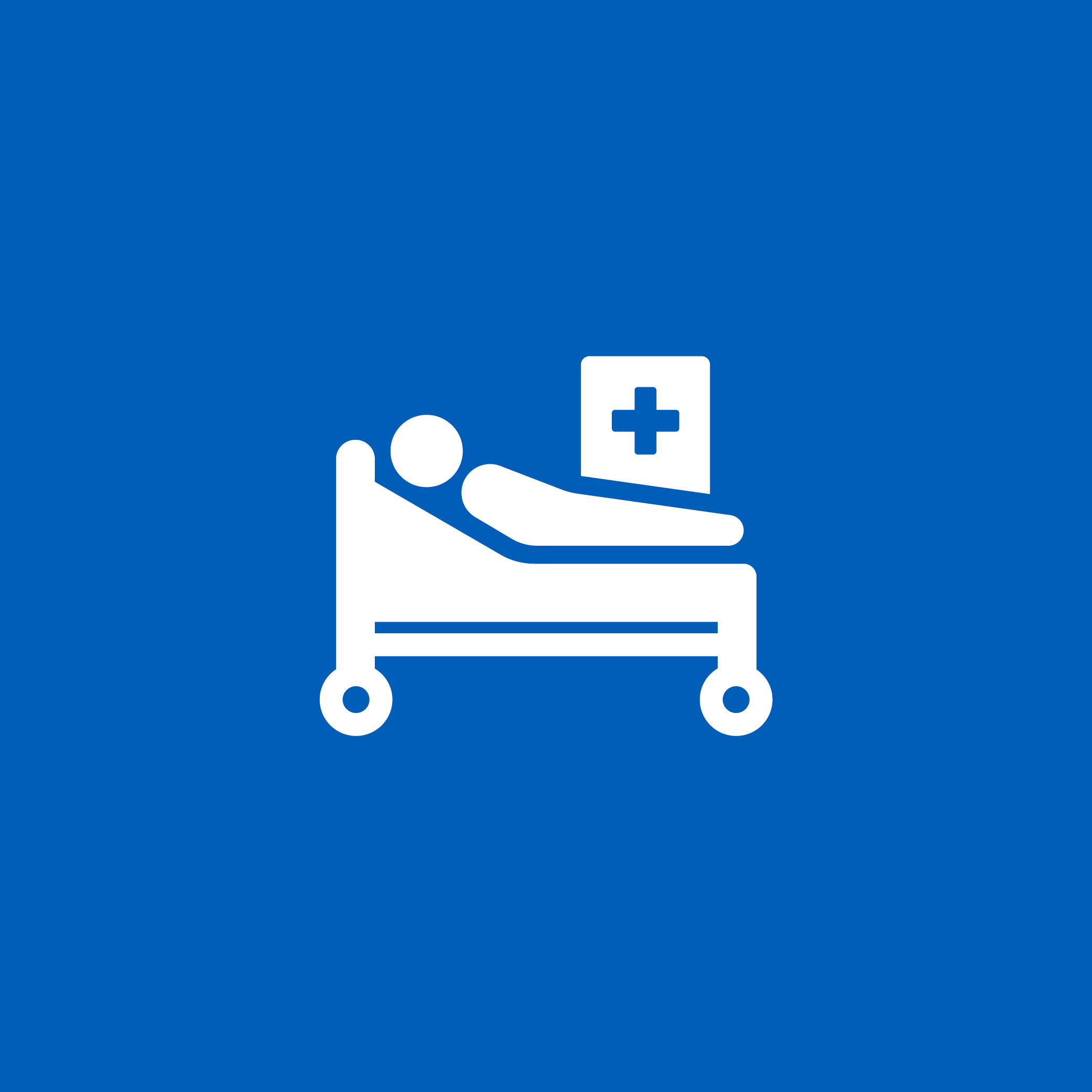The Endocrinology service at The Royal Liverpool University Hospital offers a wide range of specialist clinics to people with endocrine.
These include:
- Pituitary Disorders including hypopituitarism, Acromegaly, Cushing’s disease, Hyperprolactinaemia, pituitary tumours and other issues
- Adrenal gland disorders including adrenal insufficiency, CAH, adrenal functional and nonfunctional tumours, Pheochromocytoma, Hyperaldosteronism, hypercortisolaemia etc.
- Thyroid disorders including hypothyroidism, thyrotoxicosis, Grave’s disease, Hashimoto disease, Thyroid nodules, Goitre etc.
- Parathyroid and Calcium metabolism
- Young Adult and Transitional Endocrinology Service
- Specialist Joint Pituitary MDT service
- Regional Adrenal tumour MDT service
- Antenatal Endocrinology Service
- Neuroendocrine tumour, MEN service
- Management of hypogonadism and endocrine aspects of Infertility and menstrual disorders
- Programmed Investigation Unit.
Those with endocrine problems who need a hospital stay to help manage their condition, will be cared for on Ward 8C.
More information
Patients can be referred for a hospital stay via our Emergency Department, and GPs or community teams can refer patients to our specialist clinics.
Patients will be offered face-to-face, telephone or video consultations.
-
Royal Liverpool University Hospital
Address: Royal Liverpool University Hospital
Prescot Street
Liverpool
Merseyside
L7 8XPFor maps and other information visit our Getting Here page for Royal Liverpool University Hospital
Ward 8C, 8th floor.
Specialised clinics
Outpatients 1, 2 and 3, Ground Floor, Royal Liverpool University Hospital. Opening hours Monday-Friday, 9am-5pm.
The Endocrinology Department has created an emergency steroid education video to educate our patients with adrenal insufficiency about the management of their steroid replacement therapy.
This video delivers education regarding the management of their steroid replacement during illness, and we also demonstrate how to reconstitute and administer their emergency hydrocortisone injection, for use in the event of an adrenal crisis.
We hope you find this short video helpful.
Our Endocrine Specialist Nursing team treat a wide range of endocrine conditions including:
- Thyroid disorders
- Parathyroid disorders
- Pituitary disease.
They assist with the following specialist clinics:
- Joint Pituitary Clinic
- Transitional Endocrine Clinic
- Medical Disorders in Pregnancy Clinic.
Their role is to function as the patient’s key workers and assist with the following:
- To help you to coordinate your care
- To talk through the information, you have been issued
- To provide further information and specialist nursing advice, or help you find the information you require
- To link with all health professionals involved in your care
- To be a single point of contact offering support for you and your family from diagnosis throughout your treatment and follow up
- To provide holistic needs assessment.
The team consists of:
- Kerrie Grounds, Advanced Clinical Practitioner
- Amanda Hamilton, Senior Clinical Nurse Specialist
- Karen Jones, Clinical Nurse Specialist
- Michelle Lewin, Clinical Nurse Specialist.
Liverpool University Hospitals NHS Foundation Trust is a research active trust, supporting and facilitating new innovative ways of providing healthcare to improve patient experience and outcomes. To find out about current research opportunities or register for future studies, please visit the Diabetes and Endocrine Research page.
